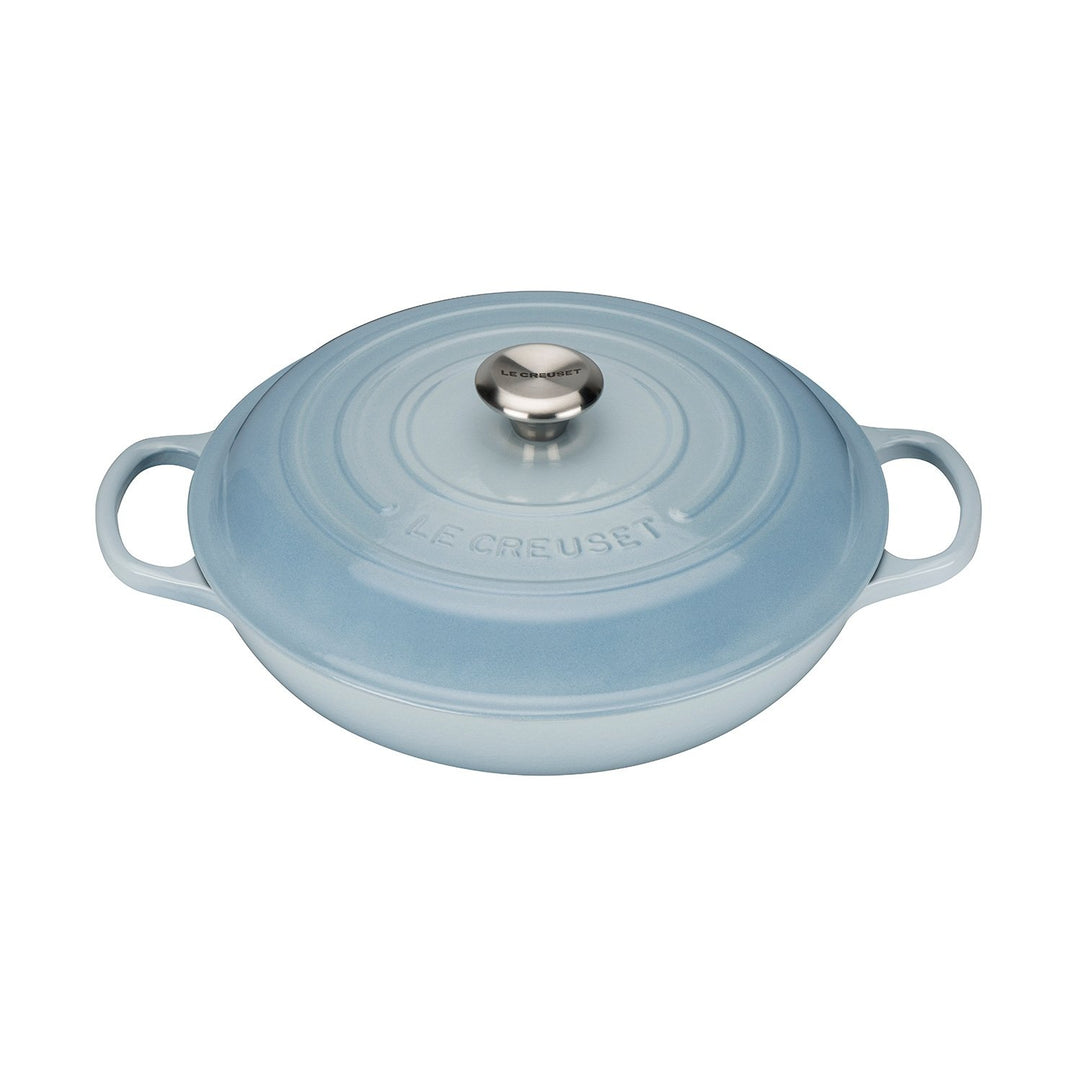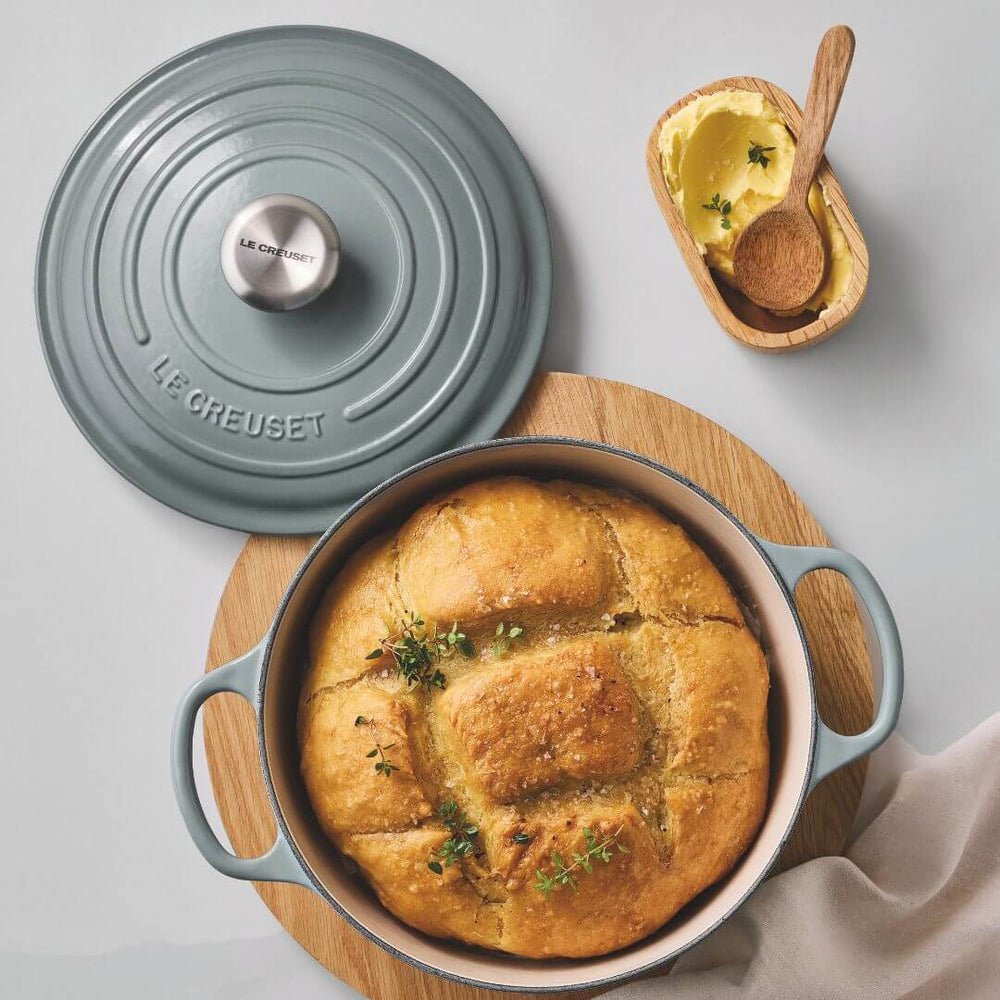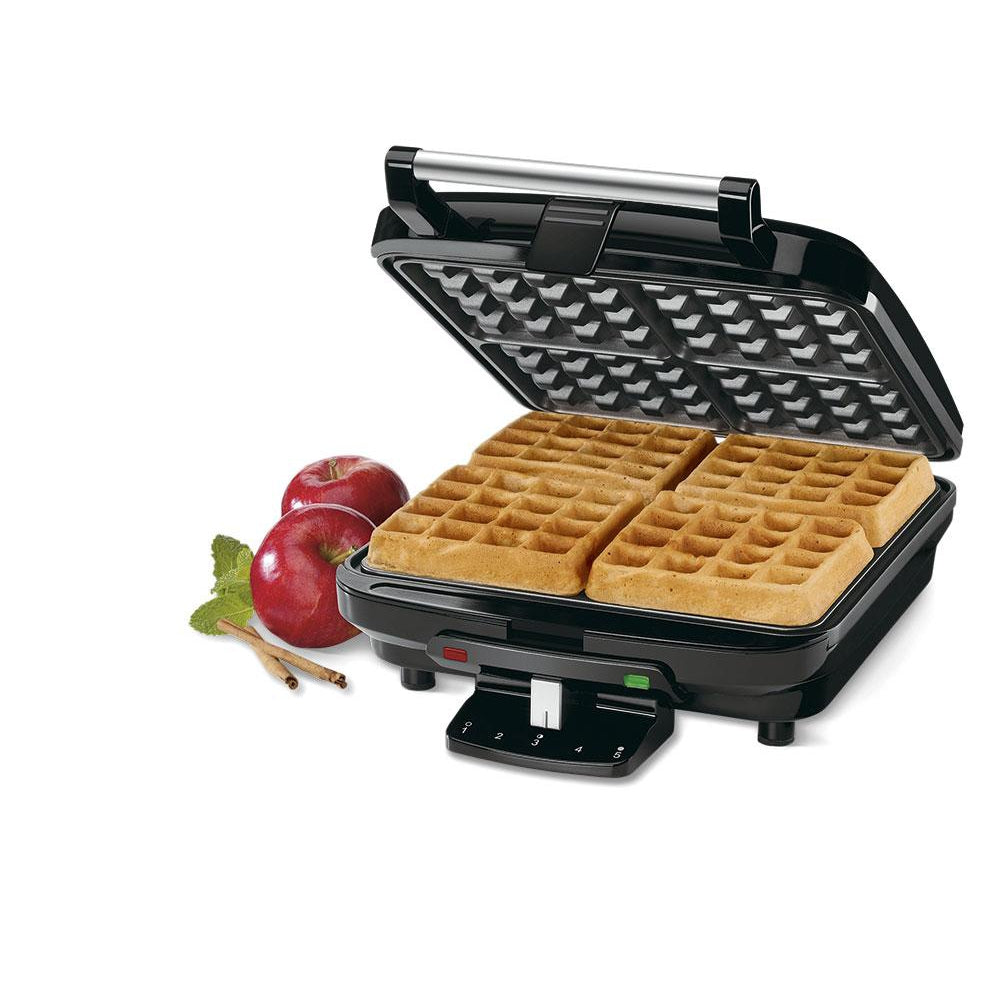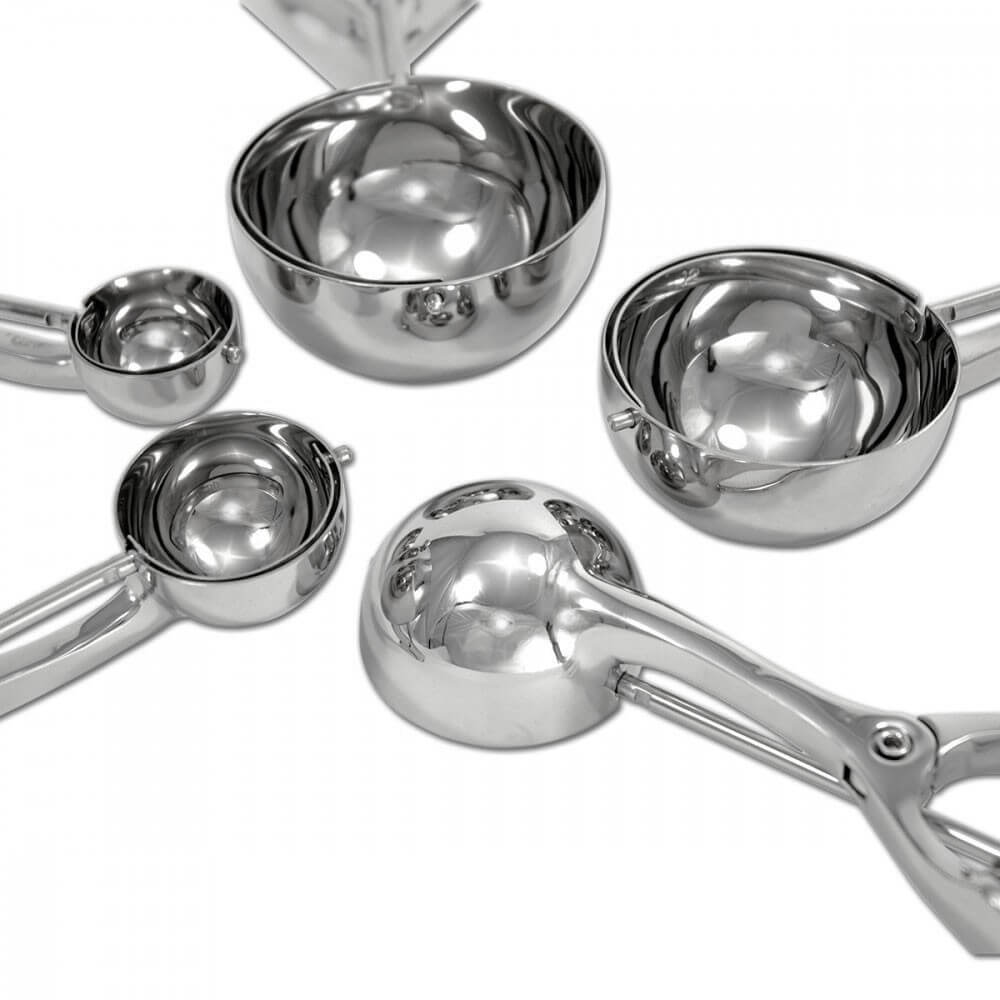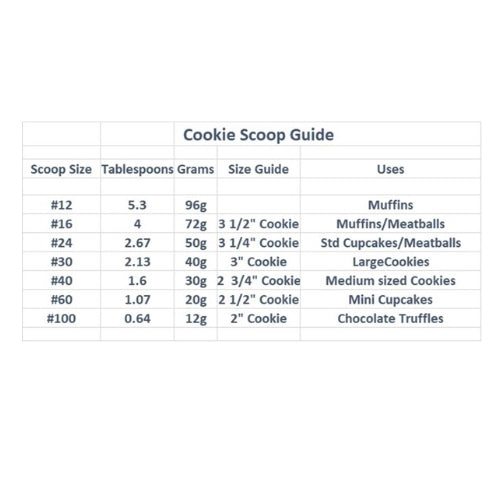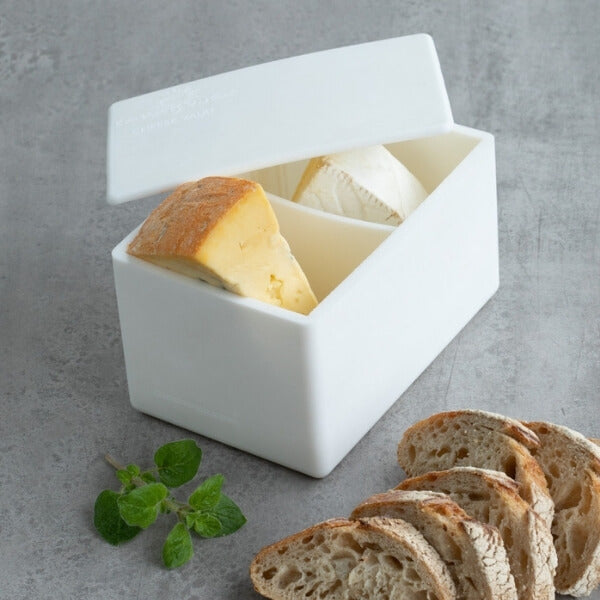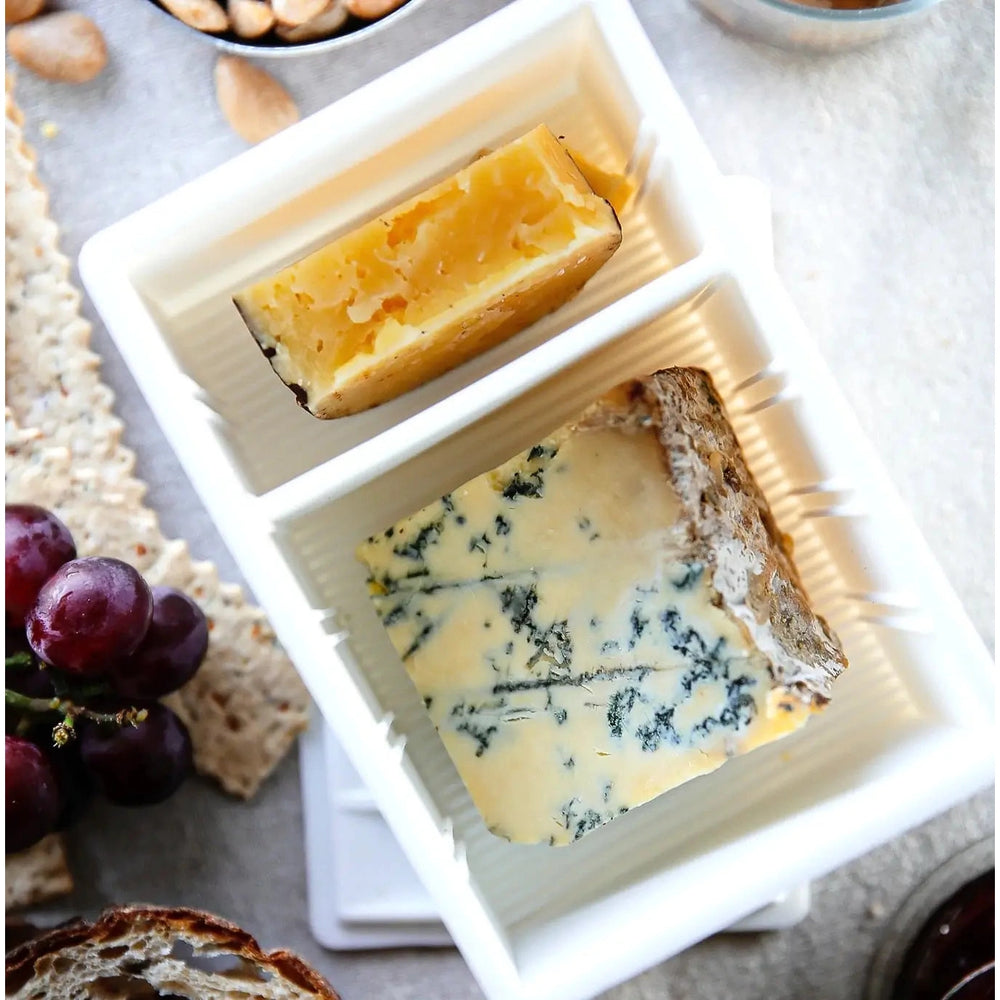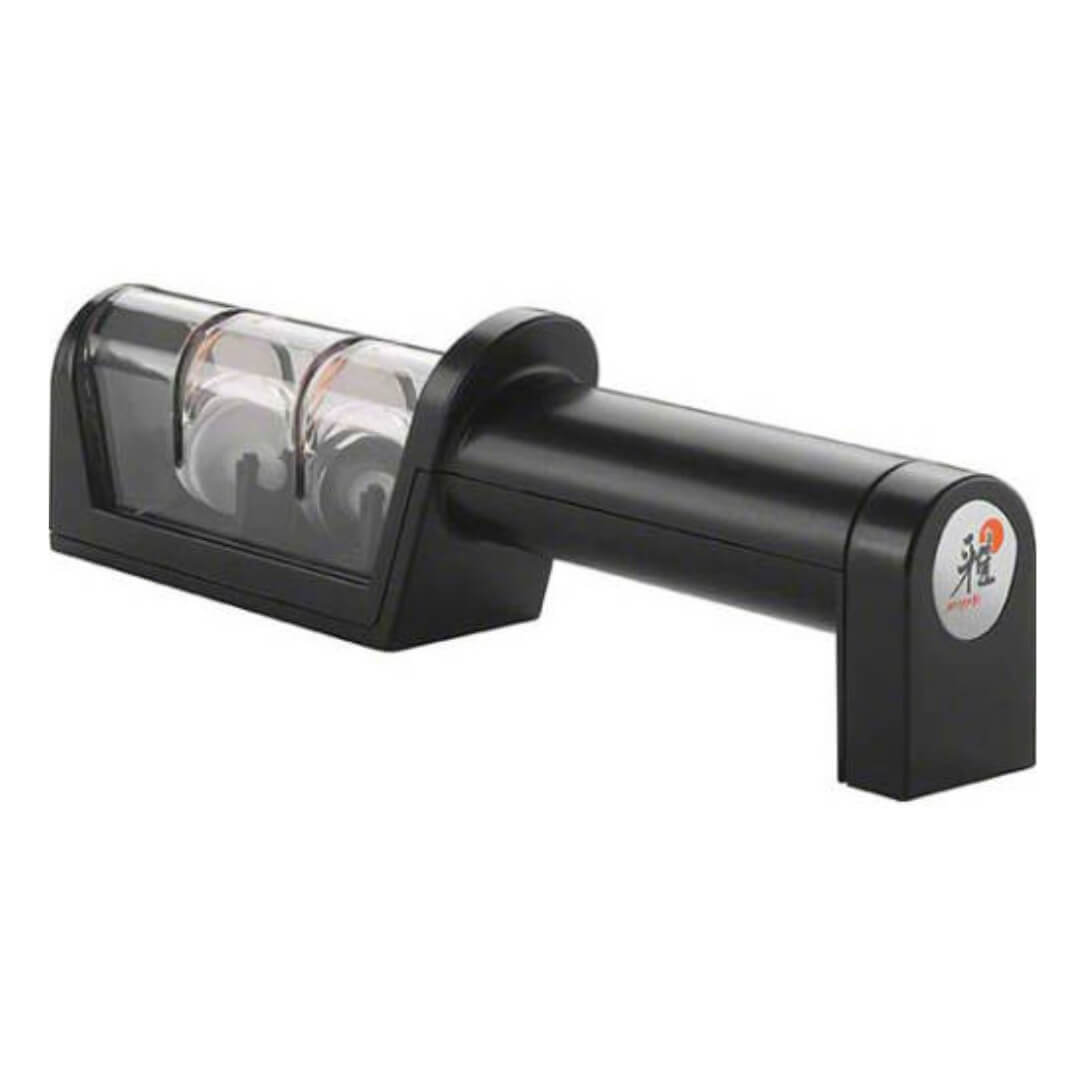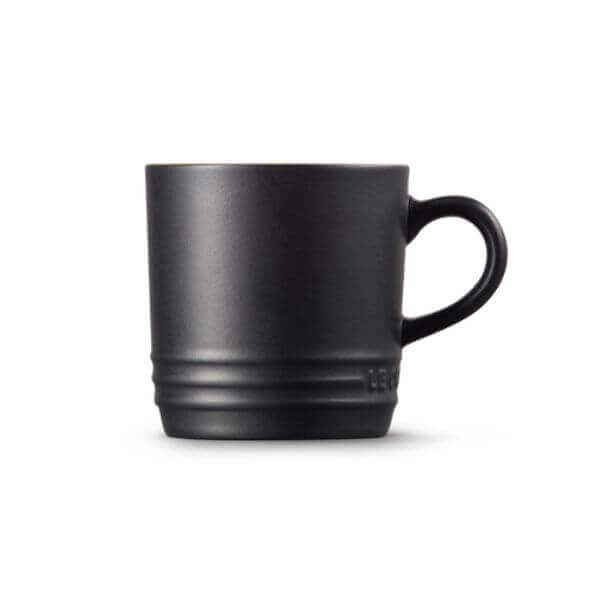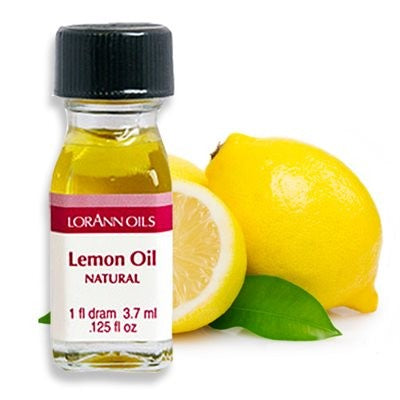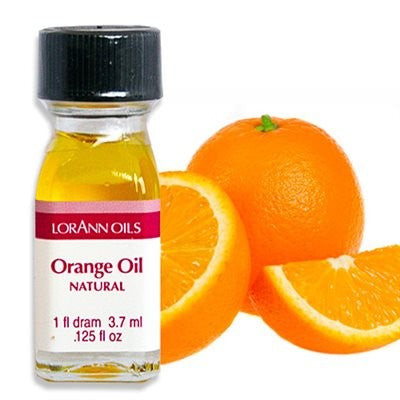Milly's 101: Waste Not, Want Not
Four Ways to Cut Back on Food Waste this Winter from Vitamix
Winter is a glorious time for cooking and preserving in the kitchen. But if you want to cook more sustainably this year, you might want to cut back on food waste.
Here are some simple ways to cut back on food waste as the winter chill sets in:
Grow your own - With winter upon us, now is a great time to start planting your own cruciferous vegetables (cauliflower, cabbages, broccoli and brussel sprouts), leafy greens (silverbeet, kale and rocket) as well as the essential fast-growing broad beans. Plant them with plenty of compost in a warm, sunny spot. Before you know it, you'll have a thriving food bed, which you can pick on demand, reducing the need for excess produce.
Shop Smart - If you are heading to your local farmers' market, make sure that you pre-plan your shopping trip and make a list before you go. Consider portion sizes and leftovers so that you are not tempted to over-shop. And try to buy ingredients in bulk that can be stretched further and will last longer. For instance, you might cook a roast chicken dinner on a Sunday night, then use the leftovers to make chicken soup or leafy green chicken salad on the Monday night.
Be thrifty in the kitchen - Our grandparents knew how to cut back on food waste; they had thrifty tricks to make food last longer and stretch further. When vegetables started looking a little tired in the fridge, they found another purpose for them. They could be preserved into a sauerkraut, or added to meat or vegetable stocks.
Fermented foods (such as sauerkraut and kimchi) are a great addition to any pantry as they can last for long periods of time in your fridge or cellar. They also contain live sources of health-promoting bacteria that can benefit digestive health.
Carrots, celery and onions are also a great addition to meat and vegetable-based stock. During cooking, the vegetables provide additional minerals to the stock and also improve the richness and flavour. Once made, stock can be stored in the fridge or freezer for several months. They make an excellent addition to soups, stews and risottos.
Invest in compost - In Australia today, more than 90% of the food that we throw away ends up in landfill. This is where it slowly decomposes and produces a greenhouse gas known as methane, which is twice as harmful as carbon dioxide.
An easy way to cut down your waste output is to put all your fresh produce in a compost bin or a worm farm. Composting systems thrive during the winter months, and the by-product has a double benefit: as well as reducing food waste it also produces a scrumptious fertilizer for your vegetable patch.
Tip: before placing fruit and vegetables in the compost bin, cut them up as small as possible. This will help them to break down quicker and will improve your composting time.


